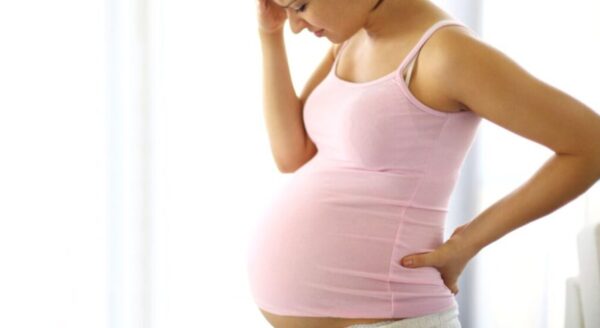Lifestyle
Is there a contraceptive regarded as the best?

How effective is this method? Will it be part of my day-to-day routine?
Will I have considerable weight gain? If someday I wanted to have children again, will it pose a challenge?
These are some of the questions we tend to ask the doctor when we want to choose contraception methods.
It is approximated that 30–50 per cent of pregnancies are unplanned. Some options give 99 per cent effectiveness only if they are correctly adhered to.
That is if a pill has to be taken every day, skipping days or weeks makes the method less effective.
Hormonal birth control and weight gain
Weight gain is one of the most common concerns for people considering hormonal contraceptives. It could be a good enough reason to opt out for some. Research studies show that high levels of oestrogen increase appetite and fluid retention.
However, hormonal birth control methods have been modified to contain a hormone combination or oestrogen levels low enough not to cause weight gain. What most women notice is not fat gain, but rather additional weight due to water retention.
Which one?
No known contraception method is 100 per cent described as best. They each offer some level of benefit and associated risks. The level of adherence matters for the daily administered and behavioural contraceptives.
Some methods may offer a more effective method of preventing pregnancy depending on your overall health status, how sexually active you are, level of partner compliance, protection against sexually transmitted infections, number of sexual partners and the desire to have children again.
If you are overweight or obese
Most contraceptive methods can be employed when one is overweight. However, long-term use of hormonal contraceptives has been linked to causing weight gain or in rare cases weight loss among women due to the alterations in body chemistry.
The natural, medical and barrier categories of contraceptives offer a wide array of options since they do not have any weight-related side effects.
If you are a well-organized person
The daily pill, three-month injections and natural family planning can work well for you. If you do not mind making contraception part of your everyday life, you will well adhere to the requirements to make the contraceptive work optimally.
For instance, the natural method teaches that precisely during the month you can have sex with reduced chances of pregnancy based on the menstrual cycle. Natural family planning can be up to 99 per cent effective if all instructions are adhered to.
However, one has to monitor fertility signals, including body temperature and cervical fluids, for at least six months to get a good grasp of it.
If you still want to have children in future
Stay clear of tubal ligation if you desire to have children in future. Natural methods do not have a presumed waiting period for pregnancy if there are no preexisting fertility issues.
Intrauterine devices and contraceptive implants have been known to prevent pregnancy with 99 per cent effectiveness and women conceive relatively shortly after their removal.
It may take a little longer for contraceptive injections; ranging from a few months to a whole year for fertility normalcy to return.
If you want a contraceptive you do not have to remember
Tubal ligation is a medical procedure that offers a permanent method of contraception. Other “fit and forget” methods such as intrauterine devices and implants can last for at least three years to 10 years depending on the type and model.
Implants and intrauterine devices have to be administered by a doctor. These methods may be relatively costly but they offer the comfort of not thinking about contraception for years. They may affect your periods in terms of flow within the few weeks post insertion.
If you are under medication that may cause birth defects
There are certain conditions whose medications may cause birth defects in babies. Hormonal contraceptives are not suitable for women who are battling breast cancer, smokers, women who suffer from migraines or those who have blood circulation problems.
Intrauterine devices, abstinence and barrier methods can be the most suitable in such cases.









